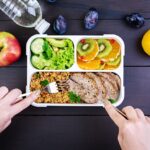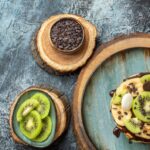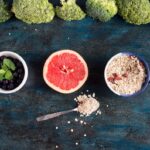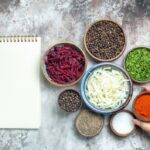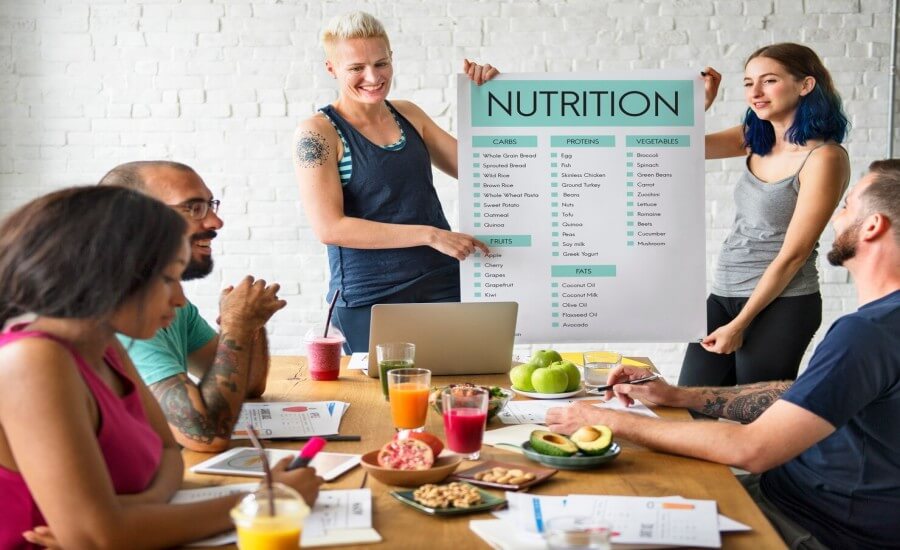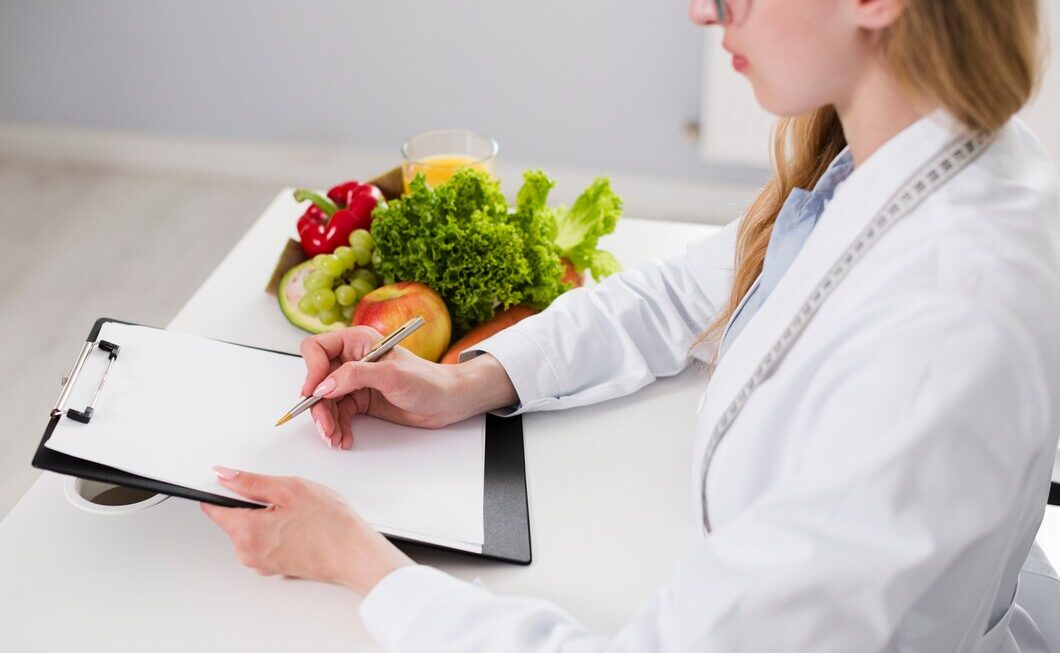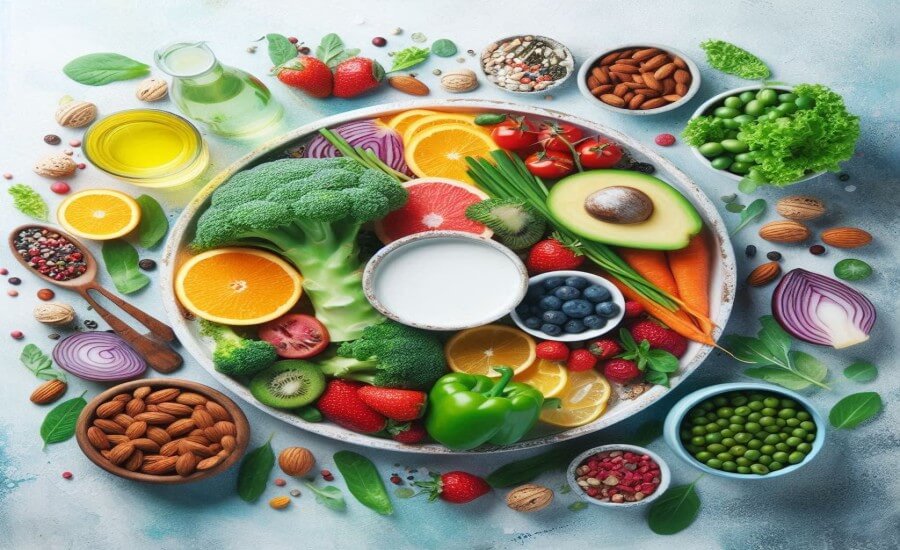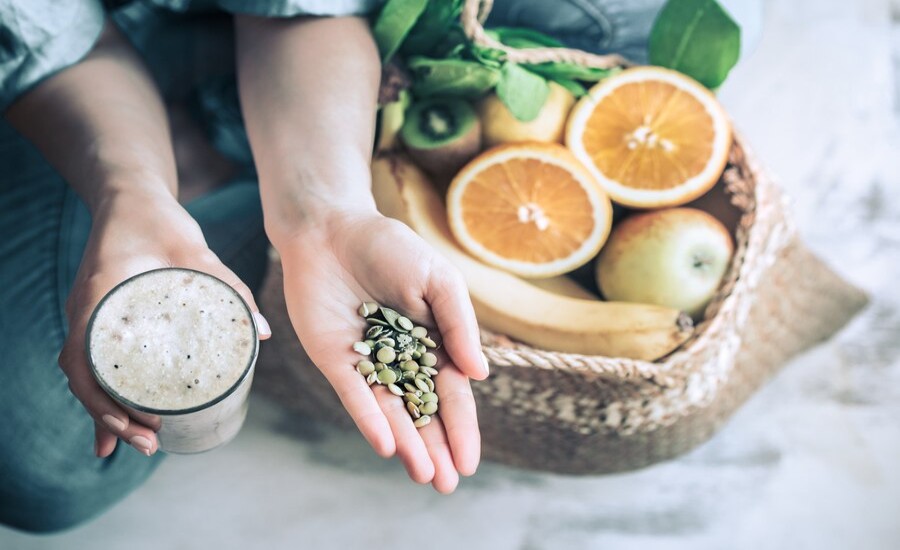Are you tired of feeling constantly hungry on your weight loss journey? Do you believe that achieving your ideal body composition means giving up satisfying, delicious food? It’s time to rethink everything you know about dieting. Embracing a plant-based lifestyle can be your secret weapon, and the key lies in one powerful macronutrient: protein. This guide is your ultimate resource for crafting high-protein plant-based meals that not only taste incredible but also supercharge your metabolism, keep you full for hours, and help you shed pounds sustainably. Get ready to discover a world of vibrant, protein-packed foods that will transform your body and your health.
The Power of Protein on a Plant-Based Diet for Weight Loss
Many people associate protein with animal products, but the plant kingdom is brimming with powerful protein sources. When weight loss is the goal, making protein the star of your plate is a non-negotiable strategy. Here’s why a high protein plant based diet is so effective.
Boosting Your Metabolism
Your body breaks down and processes food using energy, or calories. Thermic Effect of Food (TEF) is the term for this. The TEF of protein is significantly higher than that of lipids and carbs. This implies that just to break it down, your body must exert greater effort and burn more calories. Over time, this metabolic advantage can significantly contribute to a greater calorie deficit and more effective fat loss.
Feeling Fuller for Longer
Protein is the undisputed champion of satiety. It helps regulate your appetite by influencing hunger hormones like ghrelin (the “hunger hormone”) and increasing levels of satiety hormones like peptide YY. By including a solid source of plant-based protein with every meal, you’ll feel satisfied and content, drastically reducing the urge to snack on empty calories between meals and curbing those late-night cravings.
Preserving Lean Muscle Mass
When you’re in a calorie deficit to lose weight, your body can sometimes burn precious muscle tissue for energy in addition to fat. This is counterproductive, as muscle is metabolically active and burns more calories at rest than fat does. Consuming adequate protein provides your body with the amino acids necessary to protect and preserve lean muscle mass, ensuring that the weight you lose is primarily from fat.
Your Ultimate Guide to High Protein Plant Based Foods for Weight Loss
Building a high-protein vegan plate is easy and affordable when you know where to look. Forget the misconception that plants lack protein; these foods are nutritional powerhouses ready to fuel your goals.
-
Legumes: The Versatile Powerhouses
-
Lentils: A staple for a reason. About 18 grams of protein and a significant amount of fiber may be found in just one cooked cup. They are perfect for hearty soups, stews, and salads.
-
Chickpeas (Garbanzo Beans): With around 15 grams of protein per cup, chickpeas are fantastic for making hummus, roasting for a crunchy snack, or adding to curries and salads.
-
Black Beans & Kidney Beans: These beans offer about 15 grams of protein per cup and are essential for chilis, tacos, and homemade veggie burgers.
-
-
Soy-Based Superstars
-
Tofu: Made from soybeans, a 100-gram serving of firm tofu packs about 17 grams of protein. It’s incredibly versatile, absorbing the flavors of any marinade, and can be baked, fried, or scrambled.
-
Tempeh: A firm, nutty-textured fermented soybean cake. It boasts an impressive 20 grams of protein per 100-gram serving and is phenomenal in stir-fries or as a “bacon” substitute.
-
Edamame: These young soybeans are a delicious snack or appetizer, providing around 18 grams of protein per cooked cup.
-
-
Grains, Nuts, and Seeds
-
Quinoa: A “complete protein,” meaning it contains all nine essential amino acids. One cooked cup offers 8 grams of protein and serves as a fantastic base for grain bowls or as a side dish.
-
Hemp Seeds: Tiny but mighty, just three tablespoons of hemp seeds provide nearly 10 grams of protein. Sprinkle them over oatmeal, salads, or blend them into smoothies.
-
Oats: A classic breakfast choice for a reason. A cup of cooked oats provides about 6 grams of protein and soluble fiber to keep you full.
-
How to Craft Perfectly Balanced, High-Protein Vegan Meals for Weight Loss
Knowing the protein sources is the first step; assembling them into a balanced, satisfying meal is the next. Use the simple “Plate Method” for effortless meal construction.
-
Half Your Plate (50%): Non-Starchy Vegetables. Fill it with leafy greens, broccoli, bell peppers, zucchini, and cauliflower. These are rich in fiber and micronutrients and low in calories.
-
One Quarter of Your Plate (25%): Lean Plant Protein. This is where your lentils, tofu, tempeh, or beans go.
-
One Quarter of Your Plate (25%): Complex Carbs. Choose nutrient-dense options like quinoa, sweet potatoes, brown rice, or whole-grain bread.
Remember, even healthy foods contain calories. While focusing on nutrient-dense, high-protein options, it’s still important to be mindful of portion sizes to ensure you remain in a calorie deficit for weight loss.
A Sample 3-Day High-Protein Plant-Based Meal Plan for Weight Loss
Here’s a look at what a delicious, protein-packed few days could look like.
-
Day 1
-
Breakfast: Oatmeal made with soy milk, topped with a tablespoon of hemp seeds and fresh berries.
-
Lunch: Large lentil salad with mixed greens, cucumber, tomatoes, and a lemon-tahini vinaigrette.
-
Dinner: Baked firm tofu with roasted broccoli and a side of quinoa.
-
-
Day 2
-
Breakfast: Tofu scramble with spinach, onions, and turmeric, served with a slice of whole-wheat toast.
-
Lunch: Large whole-wheat wrap filled with hummus, chickpeas, shredded carrots, and mixed greens.
-
Dinner: Homemade black bean burgers on whole-wheat buns with a large side salad.
-
-
Day 3
-
Breakfast: Smoothie made with unsweetened almond milk, one scoop of plant-based protein powder, a handful of spinach, and a frozen banana.
-
Lunch: Quinoa bowl with roasted sweet potatoes, black beans, corn, and avocado.
-
Dinner: Tempeh stir-fry with colorful bell peppers, snow peas, and brown rice.
-
Your Journey Starts Now
Switching to high-protein plant-based meals is a powerful and compassionate choice for your weight loss goals, your overall health, and the planet. By focusing on whole, protein-rich foods, you can build satisfying meals that fuel your body correctly, eliminate constant hunger, and make your weight loss journey enjoyable and sustainable.
Ready to transform your health? Start by trying one of the meals from our sample plan this week. Explore our website for more delicious plant-based recipes and continue your journey to a healthier, more vibrant you
Frequently Asked Questions (FAQs)
How can I get 100g of protein a day on a plant-based diet?
It’s very achievable with strategic planning. Incorporate protein-dense foods into every meal and snack. For example, a tofu scramble for breakfast (20g), a large lentil salad for lunch (25g), a plant-based protein shake post-workout (25g), and a tempeh stir-fry for dinner (30g) easily gets you over 100 grams.
What is the highest protein plant-based food for weight loss?
Tempeh and firm tofu are top contenders due to their high protein-to-calorie ratio. Lentils are also an excellent choice because they are packed with both protein and filling fiber, making them incredibly effective for satiety and weight management.
Can you lose weight on a high protein plant-based diet?
Absolutely. This diet is ideal for weight loss because it combines the satiating, metabolism-boosting effects of high protein with the high-fiber, nutrient-dense, and typically lower-calorie nature of plant foods. This combination makes it easier to maintain a calorie deficit without feeling deprived.
What plant-based protein is best for losing belly fat?
No single food can target belly fat. However, a diet rich in soluble fiber and protein can help reduce overall body fat, including visceral fat around the abdomen. Foods like lentils, beans, oats, and avocados are excellent choices as part of a comprehensive weight loss plan.
How do vegans get enough protein to build muscle?
Vegans build muscle the same way anyone else does: by combining consistent strength training with a calorie surplus and sufficient protein intake (1.6-2.2 grams per kg of body weight). They focus on consuming a variety of high protein plant based foods like tofu, tempeh, seitan, beans, lentils, and quality protein powders to meet their needs.
What happens when you go on a plant-based diet for 30 days?
Many people report positive changes within 30 days, including weight loss, increased energy levels, improved digestion due to higher fiber intake, and better cholesterol and blood pressure markers. It’s a fantastic way to reset your eating habits and discover new, healthy foods.
